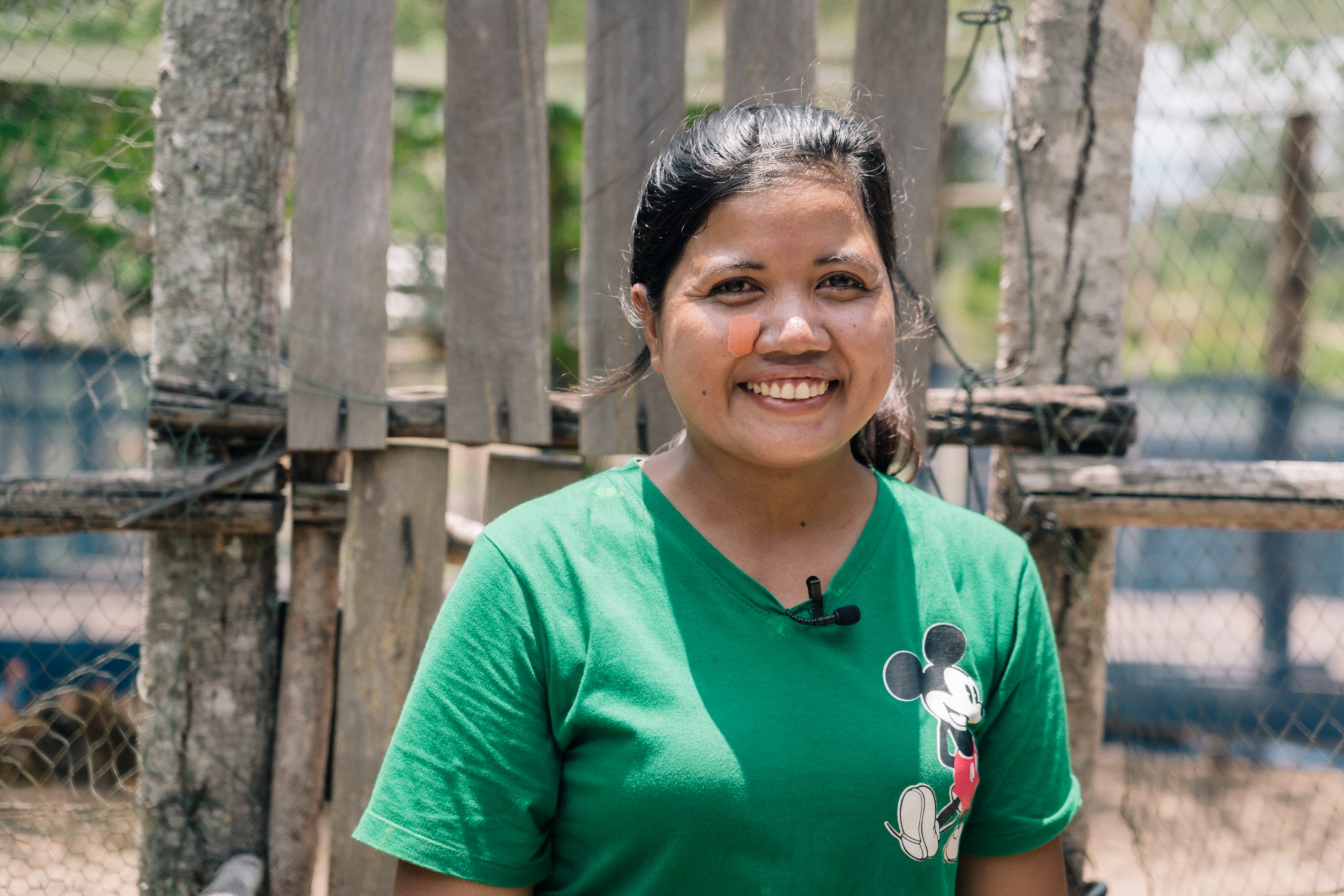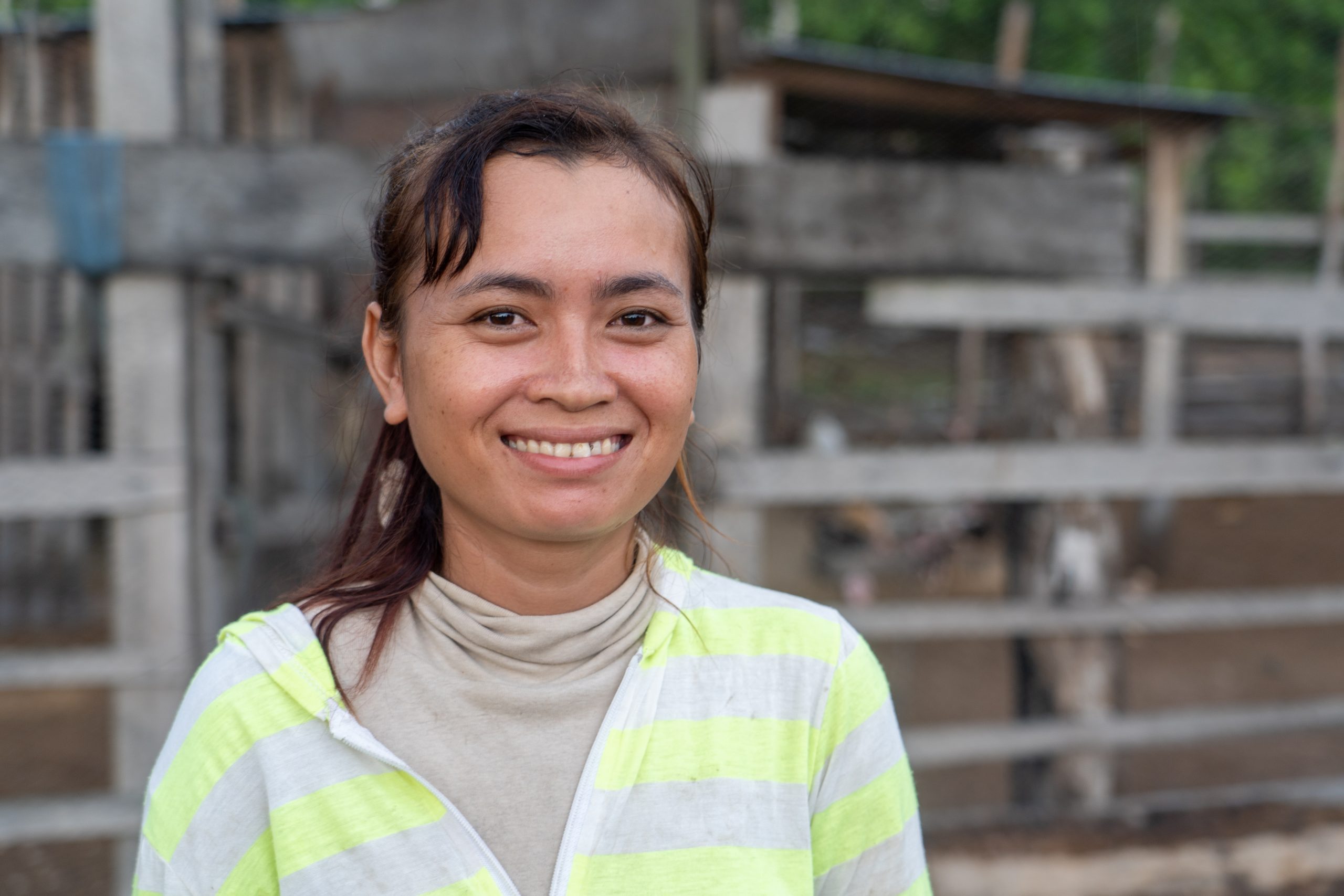Women and the changing climate
As aClimate change discussion has too often been a battle. Between scientists and sceptics, lobbyists and deniers, the poor and the wealthy.
It’s stalling effective climate action. It also means that the world’s poorest and most marginalised are being left out of the conversation.
That’s why, if we are to make a difference to the future of Earth’s climate, we need to put equality top of the agenda.


Sim Sikurn is the paravet and village poultry advisor for the chicken project in the village.
Climate change is disproportionately affecting women.
The majority of the world’s poor are women. Financial poverty means women are facing higher risks and suffering greater burdens from the impacts of climate change.
Minimal involvement in decision-making and limited access to sustainable incomes is worsening these inequalities. It prevents women’s key experiences from being on the table in climate-related planning and policy-making.
It is estimated that advancing economic equality everywhere could add $12 trillion to the global economy by 2025. We won’t make great changes, whether economically, environmentally or socially, without promoting the rights of half the world’s population.
Sustainable incomes and forest conservation
Cool Earth’s approach puts people first. By addressing financial poverty that can increase deforestation, we can enable women to manage their own finances, plan for the future, and have a greater say in local decisions.
The Cardamom Mountains in Cambodia represent one of the largest remaining tracts of rainforest in Southeast Asia. Spectacular vistas of rainforest canopy merge with vibrant rice paddies and the indigo silhouettes of the mountains.
Like in many places, the challenge here is how to develop the economy while protecting nature. That’s why Cool Earth, alongside our partner organisation Fauna & Flora International, is supporting local women to earn a living with chicken husbandry, rice farming and veterinary training. It’s all to change lives, and reduce pressure on the local forest.
What have chickens got to do with equality?
It’s the determination of women like Chann and Sim that means these programmes are flourishing. Raising chickens is helping women remain financially resilient, have a greater say within their household and communities, and provides a much-needed source of protein for them and their families. As Sim said, ‘Now I have my own income, I’m stronger than before.’


Chann Phearum has been working on her chicken project since 2017.
We will all face similar threats from a changing climate: feeding ourselves, caring for our families, protecting our homes and planning for the future. That’s why the challenges and success stories of women like Chann and Sim need to be shared. Supporting, sharing and scaling up projects like this will help women take control of their finances, futures and forest. We hope to help others around the world do the same.
Thanks to your support, the future is looking bright for women around the world.
